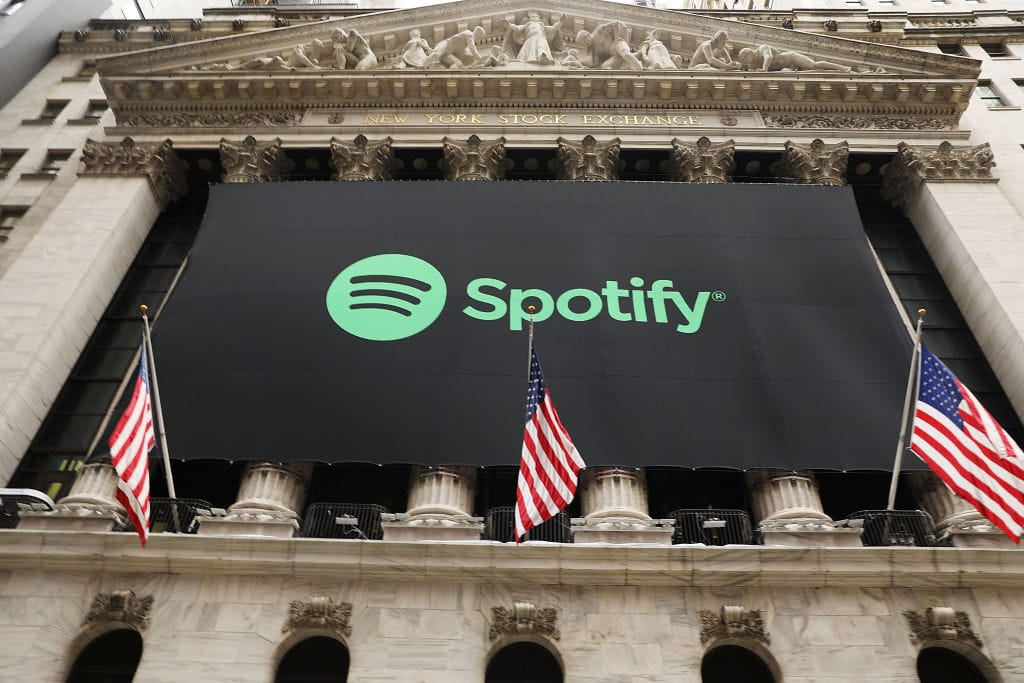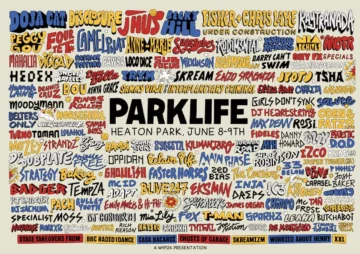
Think you can game Spotify’s system to make a quick buck? Think again. Daniel Ek, the CEO of the streaming behemoth, has shot down the viral theory that users could upload their own 30-second track and then play it on repeat to rake in the royalties.
The claim was initially sparked by finance bods at JP Morgan, who threw out the number that you could pocket a cool $1,200 (£960) a month by putting your own ditty on endless loop. Sounds too good to be true? According to Ek, it absolutely is.
“If that were true, my own playlist would just be ‘Daniel’s 30-second Jam’ on repeat!” Ek tweeted. “But seriously, that’s not quite how our royalty system works.”
The swirling rumors had industry analysts and the Twitterverse speculating that Spotify’s royalty payment structure was ripe for exploitation. Julian Klymochko, founder of Canada-based investment firm Accelerate, even joined the chatter, echoing the Financial Times report.
But Ek was quick to clear the air. His streaming service is far from a playground for artificial streams—something that has the music industry worried. According to the Financial Times, JP Morgan executives estimate that a staggering 10% of all streams could be bogus.
As if the threat of fake streams wasn’t ominous enough, last week, a Swedish newspaper reported that some unsavoury types were exploiting Spotify’s royalty system to launder drug money.
READ MORE: The Weeknd becomes first artist in history to hit 100 million monthly Spotify listeners
Still, Spotify insists that its royalty system isn’t the Wild West that some make it out to be. “Contrary to what you might have heard, Spotify does not pay artist royalties according to a per-play or per-stream rate,” states the platform’s website. Payment structures can vary, depending on everything from the specifics of how the music is streamed to the type of agreements artists have with their labels.
In a curious twist, Universal Music Group and Deezer recently revealed plans to launch a music streaming model aimed at offering fatter royalties to artists—based on active user choice. Could this force Spotify and other services like Apple Music to rejig their own models? Only time will tell.




